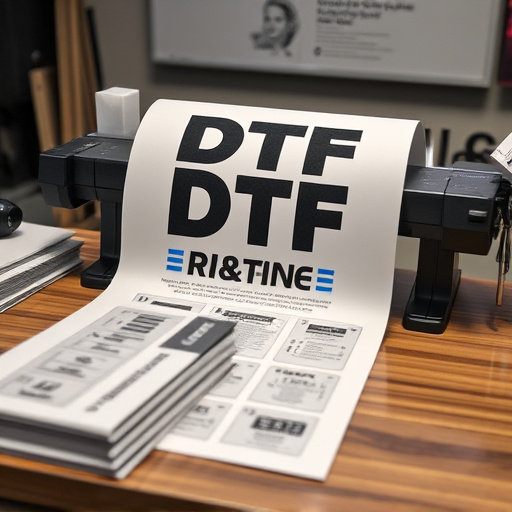Tricare authorized providers require specific authorization, meeting military guidelines, licensing, insurance, and ethical standards to offer specialized care. Billing involves submitting electronic claims via Tricare COE with CPT/HCPCS codes, verified for accuracy, triggering reimbursement based on contractual rates. Effective claims management, including monitoring denials and appeals, is crucial for maximizing reimbursements, ensuring high-quality care, and staying ahead of industry changes.
“The billing and claims process for Tricare authorized providers is a complex yet crucial aspect of healthcare administration. This guide navigates the intricate steps involved, ensuring optimal reimbursement for services rendered. From understanding Tricare authorization requirements to implementing effective claims management strategies, this article equips healthcare providers with essential knowledge. By mastering these procedures, Tricare authorized providers can streamline their financial operations and focus on patient care.”
- Understanding Tricare Authorization Requirements
- The Step-by-Step Billing Process for Providers
- Effective Claims Management Strategies for Maximum Reimbursement
Understanding Tricare Authorization Requirements

To become a Tricare Authorized Provider, healthcare professionals must meet specific authorization requirements set by the program. This includes demonstrating expertise and compliance with military-specific guidelines to ensure high-quality care for service members and their families. Tricare requires providers to be licensed in their respective fields, maintain adequate insurance coverage, and adhere to ethical standards. For specialized treatments like herniated disc treatment or mobility improvement plans, providers must showcase their ability to offer personalized treatment plans tailored to individual patient needs.
Authorization also involves a thorough review of the provider’s practice, including facilities, equipment, and staff qualifications. Tricare verifies that the healthcare facility meets all necessary standards for providing quality care. This process ensures that authorized providers are well-equipped to handle a range of medical cases, from routine check-ups to specialized procedures like those focused on back pain relief and enhanced mobility, addressing critical health concerns within the military community effectively.
The Step-by-Step Billing Process for Providers

The billing process for Tricare authorized providers involves several key steps to ensure accurate and timely reimbursement. First, after providing services such as sports injury treatment or spinal adjustment to a Tricare-eligible patient, the provider submits a claim electronically through the Tricare Common Operating Environment (COE) system. This digital submission includes detailed information about the services rendered, including codes that align with the Current Procedural Terminology (CPT) and Healthcare Common Procedure Coding System (HCPCS).
Next, the claim undergoes processing within Tricare’s network, where it is reviewed for completeness and accuracy. If approved, reimbursement is issued based on the agreed-upon rates and terms set forth in the provider contract. Throughout this process, effective communication between the provider and Tricare is crucial, especially when addressing any discrepancies or appeals. This seamless interaction ensures that providers are fairly compensated for their services while maintaining high-quality post-injury care.
Effective Claims Management Strategies for Maximum Reimbursement

Effective claims management is a cornerstone for Tricare authorized providers aiming to maximize reimbursements. By implementing robust strategies that streamline the billing process, providers can ensure accurate coding and timely submission, thereby enhancing revenue cycles. A key component involves staying updated with industry standards and regulations, such as those set by Medicare and Medicaid, which are often adopted or adapted by Tricare. This includes a deep understanding of procedure codes, diagnostic codes, and modifiers to accurately reflect the services rendered, especially for specialized treatments like sports injury treatment and rehab services, which require personalized treatment plans.
Furthermore, efficient claims management entails proactive monitoring of denials and appeals. Denial management strategies, such as reviewing rejected claims for errors or misapplications of policies, can prevent revenue loss. Regular analysis of denial reasons also provides valuable insights into areas that may need improvement in patient care documentation or coding practices. This, in turn, fosters a culture of continuous quality improvement, ensuring providers stay ahead of industry changes and deliver optimal billing outcomes for their Tricare-authorized services.
Tricare’s billing and claims process is designed to support its authorized providers, ensuring fair reimbursement for services rendered. By understanding the authorization requirements, following a structured billing procedure, and implementing effective claims management strategies, Tricare authorized providers can streamline their operations and maximize reimbursements. This comprehensive approach not only simplifies administrative tasks but also strengthens the relationship between providers and Tricare beneficiaries.














